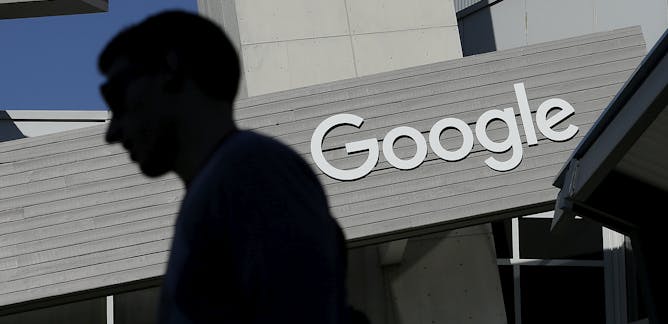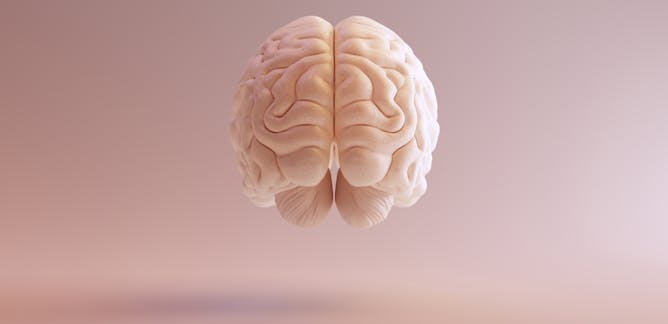|
|
|
Editor's note
|
|
Kia ora koutou, nau mai haere mai. Another week, another newsletter full of interesting reads about New Zealand and the world.
From Berlin to New York to Wellington - people have shown that it is possible to get governments to make affordable housing a priority. The rapid growth of property prices in cities is shutting many people out of home ownership and driving up inequality. But as UCL urban infrastructure expert Jenny McArthur writes, there are ways for governments to deliver more affordable housing, but their responses often fall short. She says one notable failure was the New Zealand government’s backtracking on a proposed capital gains tax.
Last month, Victoria University of Wellington public policy expert Arthur Grimes explained that New Zealand’s well-being approach to the budget is not new, and this week, Richard Holden, at UNSW, looks at the history of well-being measures and living standards in Australia.
And earlier this month, the alleged perpetrator of the Christchurch mosque attacks has pleaded not guilty to a total of 92 charges of murder, attempted murder and terrorism. AUT legal expert Kris Gledhill writes that if a person expects a life sentence without any prospect of parole, even if they pleaded guilty, there was no incentive to do so.
You’ll find many more articles on the New Zealand page. It’s been great to see the steady increase in subscriptions to this newsletter, so if you know somebody who might enjoy it, feel free to forward this email. They can sign up here. Thank you for reading. Ngā mihi mahana.
|
Veronika Meduna
New Zealand Editor
|

|
|
Top stories
|

A rally for affordable housing in Vancouver, Canada.
Mark Klotz/Flickr.
Jenny McArthur, UCL
From Berlin to New York, citizens from around the world have shown that it is possible to get governments to make affordable housing a priority.
|

New Zealand has actually introduced a well-being budget, but Australia had been paving the way.
Governor-General of New Zealand/AAP
Richard Holden, UNSW
Australia's treasury adopted a well-being framework well before New Zealand's much celebrated "well-being budget". Here's what happened to it.
|

The man accused of the Christchurch mosque attacks appeared in court last week as part of a procedural hearing.
AAP/Martin Hunter
Kris Gledhill, Auckland University of Technology
Through his lawyer, the alleged perpetrator of the Christchurch mosque attacks has entered not guilty pleas on 92 charges, including terrorism. A procedural hearing has found him fit to stand trial.
|

The man accused of the Christchurch mosque attacks faces charges of murder, attempted murder and of committing a terrorism act.
Martin Hunter/AAP
Kris Gledhill, Auckland University of Technology
An additional charge of terrorism has been laid against the man accused of the Christchurch mosque shootings. This poses a risk of providing a platform for hateful ideas.
|
From The Conversation's international editions
|

Amanda Lotz, Queensland University of Technology
US lawmakers and regulators are beginning to investigate big tech's growing power, but they need to look beyond size and into their very natures.
| |

Cody Clements, Georgia Institute of Technology
In a study that cultivated coral 'gardens' with varying numbers of species, plots with more species were healthier. This finding could inform strategies to help coral reefs survive climate change.
|

Gary Sinclair, Dublin City University; Norah Campbell, Trinity College Dublin; Sarah Browne, Trinity College Dublin
We spoke at length with a series of self-identified preppers. It became clear that most aren’t so out of the ordinary.
| |

Elisabet Englund, Lund University; Keivan Javanshiri
People with Alzheimer's disease have lower rates of type 2 diabetes than the general population.
|

Keira Johnston, University of Glasgow
Discovery of genetic overlap between chronic pain and a host of other conditions could help provide better treatments.
| |

Geoff Thompson, University of Divinity
For many people of faith, the very identity of Christianity is at stake in the battle over religious freedom. But not all Christians see it that way.
|

Marc-David L. Seidel, University of British Columbia
Tech giants like Facebook are at risk of joining the ranks of Compuserve and MCI Mail to be replaced with the next generation of organizing designed for new models of distributed trust.
| |

Mona Kasra, University of Virginia
People fall for fake photos regardless of whether they seem to come from Facebook or The New York Times. What actually helps?
|

Yohannes Gedamu, Georgia Gwinnett College
Ethiopia's regional governance system is doing more harm than good.
| |

Michelle Grattan, University of Canberra
Relentless coverage of China's political system, allegations of interference in Australia's politics, and its poor relations with neighbours have led to Australian attitudes towards China.
|
|
|
| |
| |
| |
| |
| |
| |
|
|
|
|
|
|
|